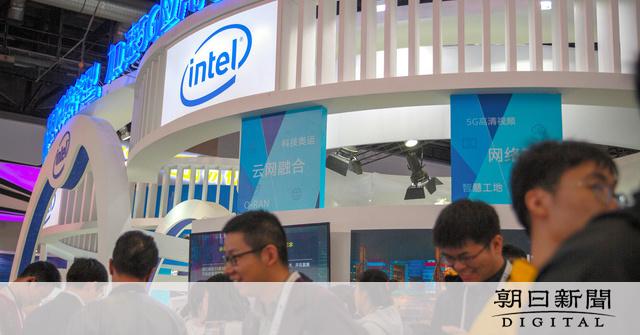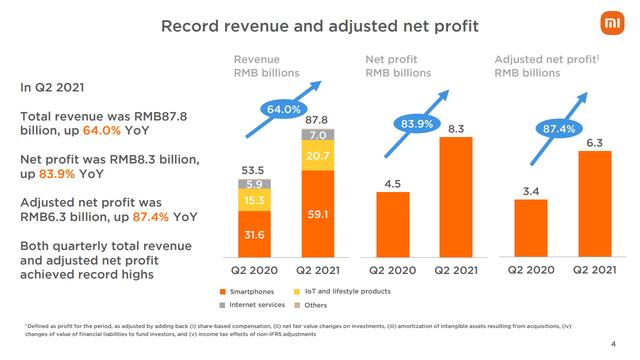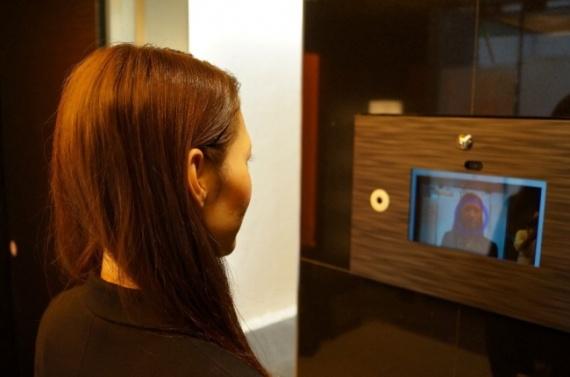Human rights issues in China's Xinjiang Uygur Autonomous Region are being viewed as a problem, and in the United States, the pressure on China is increasing, such as the passage of a bill banning the import of products that are believed to have been produced by forced labor in the Xinjiang Uygur Autonomous Region. increase. On the other hand, China is also a huge market, and some manufacturers are having difficulty balancing between the United States and China. Intel is one such company.
In December, Intel sent an email to its suppliers stating, "We need to avoid using labor, procurement and services from the Xinjiang Uygur Autonomous Region." This is related to the prohibition of trafficking or involuntary labor such as forced labor, debt-backed labor, prison labor, annual service labor, slave labor, etc. What about Uighur Autonomous Region products and services from investors and customers. It is described as an answer to the inquiry about whether or not. Several governments have set restrictions, and Intel must comply with them.
Intel chips have been found in supercomputer centers and police-obtained surveillance systems for espionage in China. Intel's involvement is also suspected. Intel said it didn't know it was being abused, and is believed to have shown its willingness to comply with US sanctions to dispel these suspicions.

However, this email has been the subject of criticism in China. The New York Times reports that one newspaper also had the headline "Intel has bitten into the owner's hand." In response, Intel posted a Chinese apology on Weibo, China on December 23. It is a statement that it will comply with US sanctions, and has no other intentions.
These stories aren't limited to Intel, and there have been reports that Apple has compromised with the Chinese government regarding iCloud security. China, a market that is too big to lose, and the increasing pressure on human rights issues in Europe and the United States, are likely to increase the number of companies that are at the mercy of both companies.
Source: The New York Times, Intel (Weibo)
This content is not available in your privacy settings. Please change your settings here. This content is not available in your privacy settings. Please change your settings here. This content is not available in your privacy settings. Please change your settings here. This content is not available in your privacy settings.Please change the setting here








